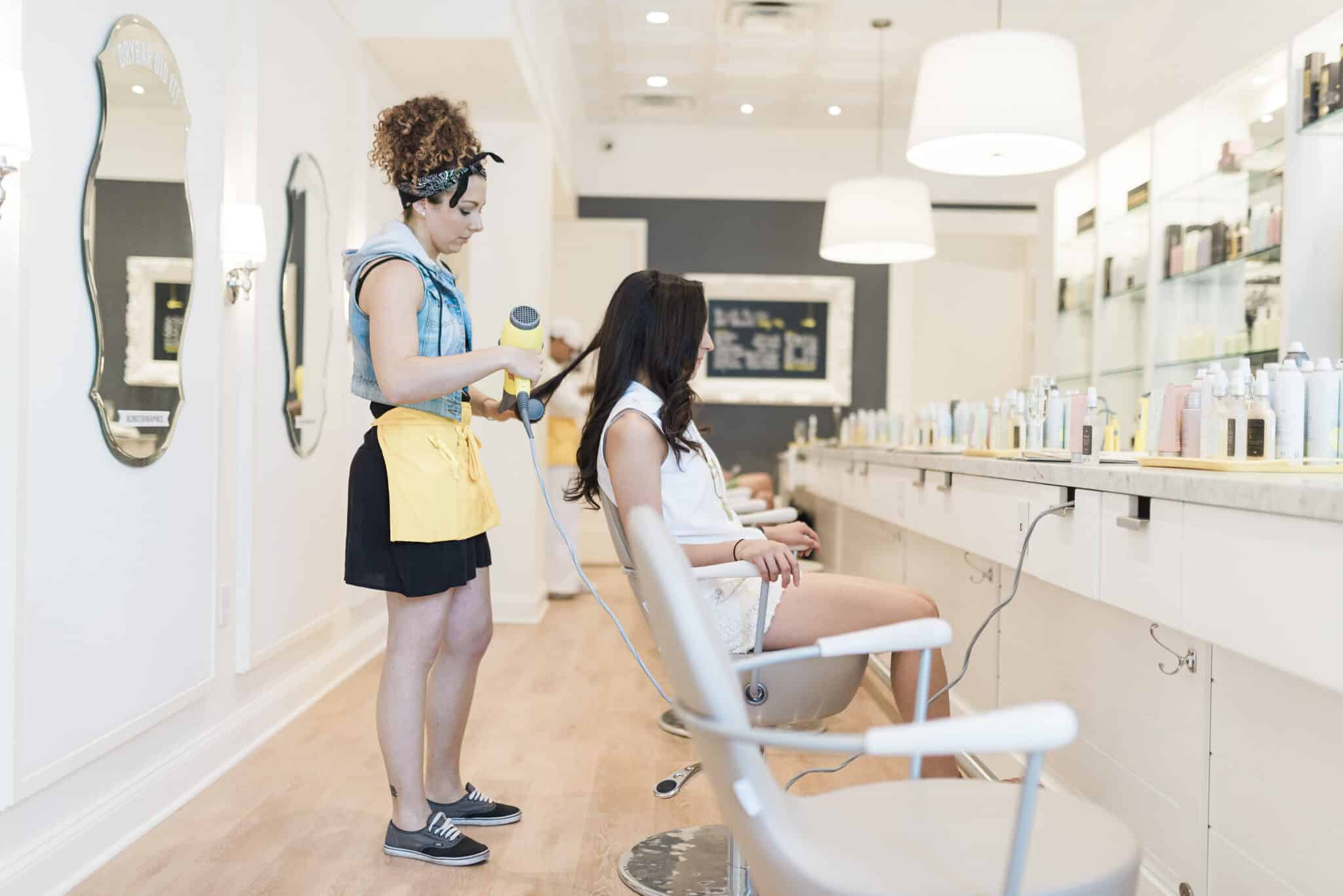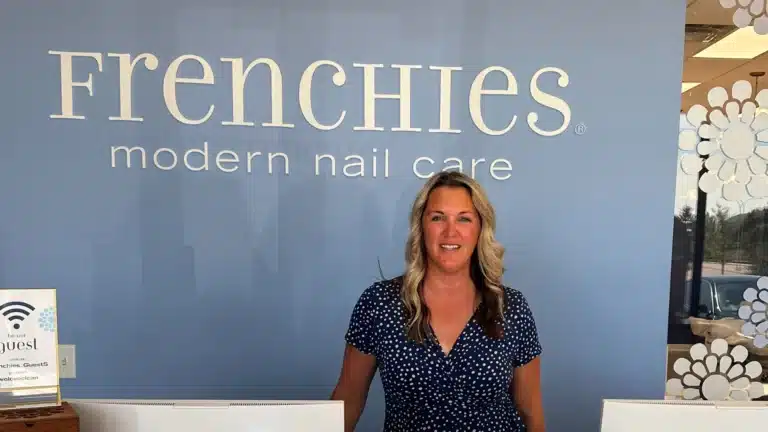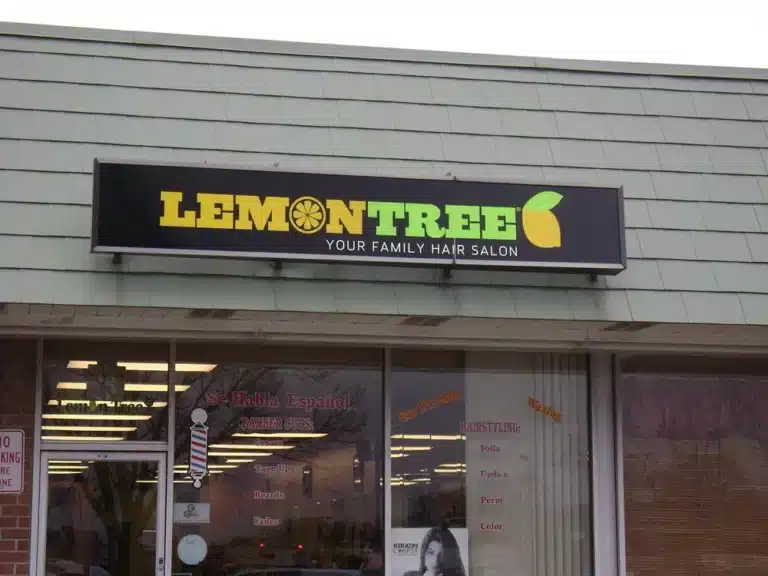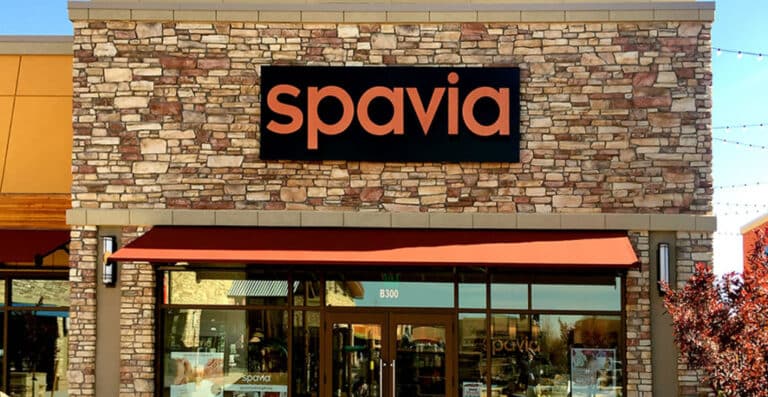Drybar Franchise FDD, Profits & Costs (2025)

Drybar is a unique salon franchise specializing in blowouts, offering simple yet high-quality hairstyling without cuts or color. Founded in 2010 by Alli Webb, Michael Landau, and Cameron Webb, it quickly grew from a mobile business to a popular brick-and-mortar model.
Drybar began franchising in 2011 and is headquartered in Irvine, California, with locations across the U.S. The brand focuses on one thing—delivering exceptional blowouts in a chic, bar-like setting. Services are named after cocktails, adding a fun twist to the customer experience.
This focus on blowouts sets Drybar apart from traditional, full-service salons. Each salon’s stylish interior creates a welcoming atmosphere, making customers feel like they’re at a social event, not just a hair appointment.
Initial Investment
How much does it cost to start a Drybar franchise? It costs on average between $410,000 – $1,029,000 to start a Drybar franchised salon.
This includes costs for construction, equipment, inventory, and initial operating expenses. The exact amount depends on various factors, including the type of salon you choose, the location, and whether the franchisee chooses to lease or purchase the property.
| Type of Expenditure | Amount |
|---|---|
| Initial Franchise Fee | $50,000 |
| Real Property, Utility, and Other Deposits | $1,500 – $9,000 |
| Leasehold Improvements | $81,500 – $493,500 |
| Cabinetry, Millwork, Furniture, and Décor | $66,000 – $130,500 |
| Initial Opening Package | $50,000 – $55,000 |
| Initial Software Set-Up and Technology Fees | $2,124 |
| Computer System & Other A/V Technology | $22,000 – $33,000 |
| Training Program and Other Training Expenses | $9,600 – $11,000 |
| Architect, Engineer, Drawings | $8,300 – $23,000 |
| Grand Opening Spend Requirement | $20,000 |
| Signage and Graphics | $6,800 – $24,000 |
| Office and Business Supplies | $3,300 – $8,720 |
| Business Licenses and Permits | $525 – $17,325 |
| Insurance (Initial 20% Payment) | $1,350 – $1,550 |
| Professional Fees | $1,980 – $13,530 |
| Additional Funds (Three Months) | $85,000 – $137,000 |
| Total Estimated Initial Investment | $409,979 – $1,029,249 |
Average Revenue (AUV)
How much revenue can you make with a Drybar franchise? A Drybar franchised salon makes on average $780,000 in revenue (AUV) per year.
Here is the extract from the Franchise Disclosure Document:

Download the Franchise Disclosure Document
Frequently Asked Questions
How many Drybar locations are there?
As of the latest data, there are over 176 Drybar locations across the United States.
What is the total investment required to open a Drybar franchise?
The total investment required to open a Drybar franchise ranges from $410,000 to $1,029,000.
What are the ongoing fees for a Drybar franchise?
Drybar franchisees are required to pay a royalty fee of 7% of gross sales. This fee is paid to the franchisor on a regular basis in exchange for ongoing support, training, and the continued use of the Drybar brand.
In addition to the royalty fee, franchisees must also contribute 2% of their gross sales towards the marketing fund. This fee goes towards national and regional advertising efforts designed to promote the Drybar brand and increase customer traffic.
What are the financial requirements to become a Drybar franchisee?
To qualify as a Drybar franchisee, you need a minimum net worth of $750,000 and at least $250,000 in liquid assets. These financial requirements ensure that franchisees have the resources necessary to operate their business successfully.
How much can a Drybar franchise owner expect to earn?
The average gross sales for a Drybar franchise are approximately $0.78 million per location. Assuming a 15% operating profit margin, $0.78 million yearly revenue can result in $117,000 EBITDA annually.
Who owns Drybar?
Drybar is owned by Helen of Troy Limited, a global consumer products company. Helen of Troy acquired Drybar’s product line in 2020 for $255 million, gaining control of its popular hair care products, tools, and related merchandise. However, the Drybar franchise operations, which include its blowout salons, are managed separately by a different entity known as Drybar Holdings LLC.
Disclaimer
Disclaimer: This content has been made for informational and educational purposes only. We do not make any representation or warranties with respect to the accuracy, applicability, fitness, or completeness of the information presented in the article. You should not construe any such information or other material as legal, tax, investment, financial, or other professional advice. Nothing contained in this article constitutes a solicitation, recommendation, endorsement, advertisement, or offer to buy or sell any franchises, securities, or other financial instruments in this or in any other jurisdiction in which such solicitation or offer would be unlawful under the franchise and/or securities laws of such jurisdiction.
All content in this article is information of a general nature and does not address the detailed circumstances of any particular individual or entity. Nothing in the article constitutes professional and/or financial and/or legal advice, nor does any information in the article constitute a comprehensive or complete statement of the matters discussed or the law relating thereto. You alone assume the sole responsibility of evaluating the merits and risks associated with the use of any information or other content in this article before making any decisions based on such information or other content.




